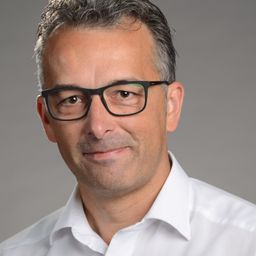Fake The Fake - Transformation of a training mine to the Montanium museum visitor experience
My Session Status
Highly specialized training mines are characteristic elements of a colliery. One of the last of these training centers went out of service at the end of 2018 when Germany withdrew from hard coal mining. The Westphalian State Museum of Industrial Heritage acquired a well preserved training mine as evidence of the mining industry’s training tradition in the Ruhr area. The museum will make it accessible to visitors at its location Zollern 2/4 colliery in Dortmund as a multimedia experience with numerous hands-on experiments -- the MONTANIUM. Training mines were either installed in the cellars of training workshops or built as specific structures on the mine’s surface area. In this context the MONTANIUM’s design at Zollern 2/4 is representative: its (re-)construction uses steel support arches, a technology for road support in underground mining. They
were erected and got a roof thus creating a training area for specific tasks. Training mines consisted of the most important operations at a coal mine, like coal cutting, road support installation and maintenance, horizontal transport and energy supply. In confined spaces they simulated an authentic environment for the miners’ training. Apprentices were trained for their upcoming underground tasks under the most authentic conditions possible. Therefore, training mines are particularly apt to provide an intense impression of working an underground mine to visitors of all ages. They are a feasible possibility to give insights into the dense atmosphere of working underground that is unfamiliar and foreign to most visitors. Inside the
MONTANIUM visitors become trainees again. By experimenting on different aspects of mining physics
they get a glimpse of the huge technology driven transformation of miner’s work. The Zollern 2/4 colliery with its MONTANIUM plays a central role of the Ruhr area’s landscape of mining museums. It provides a new perspective on the history of mechanisation and scientification of mining and likewise basic knowledge of physics - both central for the understanding of modern societies. Simultaneously society asks vital questions:„How do we want to live tomorrow?” Environmental protection, sustainability, climate resilience and the transformation towards post-fossil energy systems are decisive dimensions of future living. They will be addressed by the upcoming next stages of the MONTANIUM. As a historical site of fossil energy production Zollern 2/4 colliery has to provide answers for present and future challenges of social and technological transformation.

